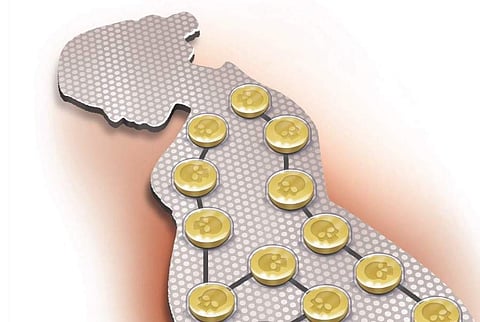

HYDERABAD: The dire need for a sturdy sex education module for youngsters in the country has been highlighted by yet another survey, conducted by none other than the government itself. According to a recent National Family Health Survey-4 report, Andhra Pradesh (47.2 per cent) topped the list of States where men equate so-called ‘promiscuity’ with usage of contraceptives. A whopping 40.5 per cent men surveyed in Telangana — between 15 to 49 age group — think women using contraception become ‘promiscuous’. Nationally, the figure stands at 20.2 per cent.
Crores of rupees spent on campaigns and advertisements, over the years, stressing the usage of contraceptives and safe sex seem to have not had impact on a large chunk of the population.
“The idea of promiscuity is loaded with patriarchal assumptions,” points out Aparna Rayaprol, Sociology Professor of University of Hyderabad. Interestingly, it was only in December last year that government prohibited television channels from airing condom advertisements between 6am and 10 pm, a move that experts feel will portray contraceptives as taboo.
Another, and probably consequential, finding in the report was that almost one in two men surveyed in the Telangana — 47.3 per cent — felt contraceptives were a ‘woman’s business’ and men needn’t worry about it. Prof Rayaprol says this is not a new trend. “The onus of family planning has always been a woman’s burden as she is the one who becomes pregnant. Those conditioned under the patriarchal value system always find ways to shift the blame onto women,” she says. The result: Usage of contraceptives has declined by a massive 35 per cent nationally over eight years to 2016.